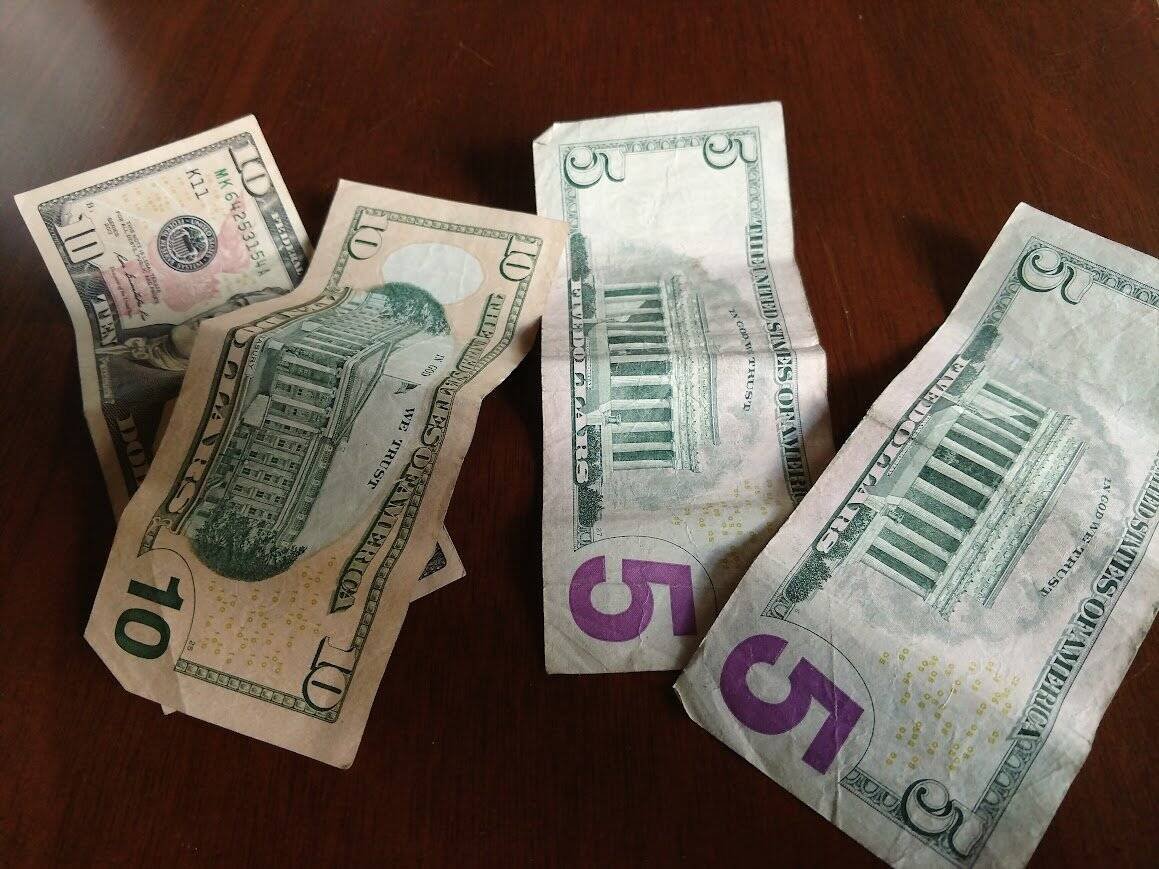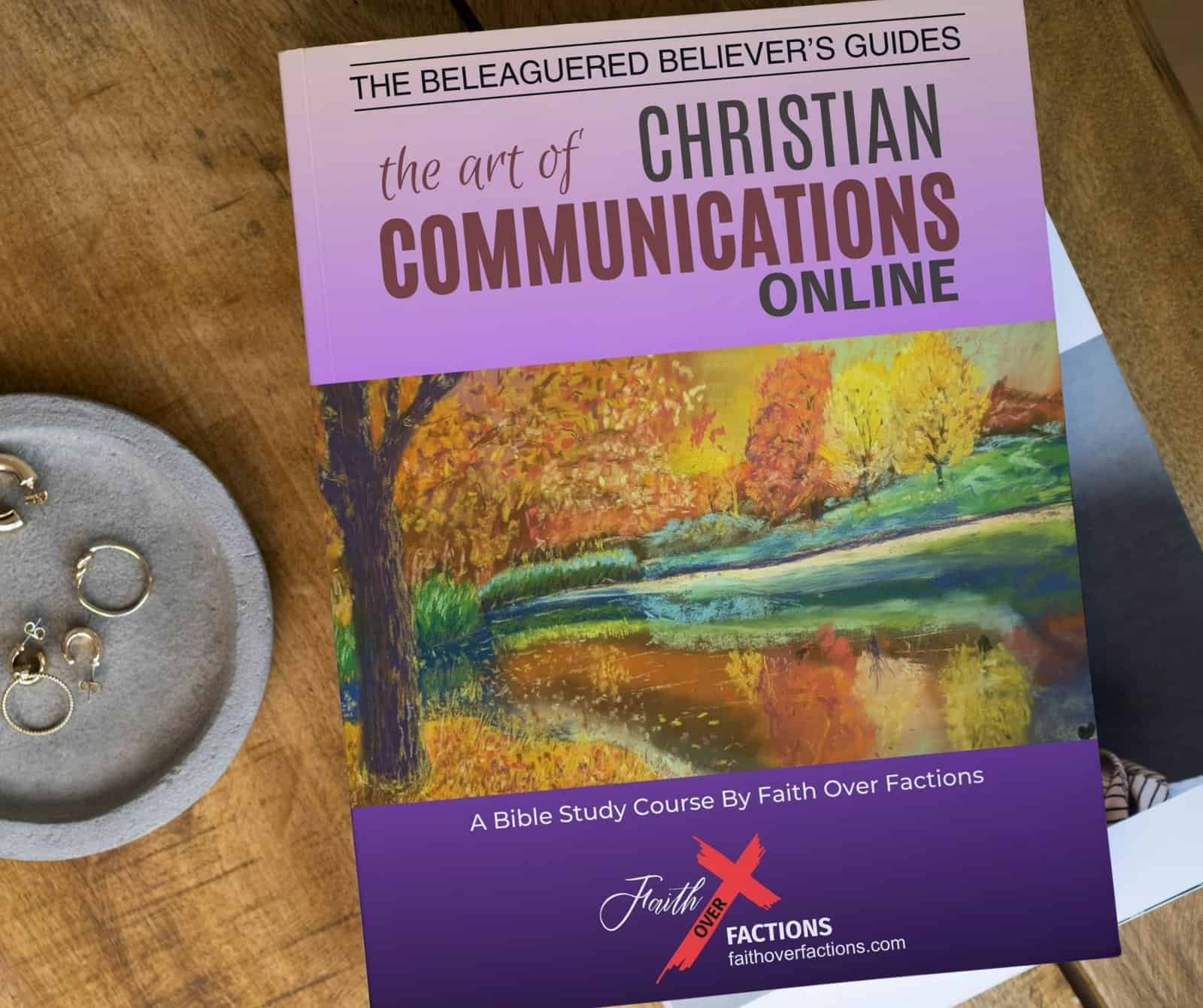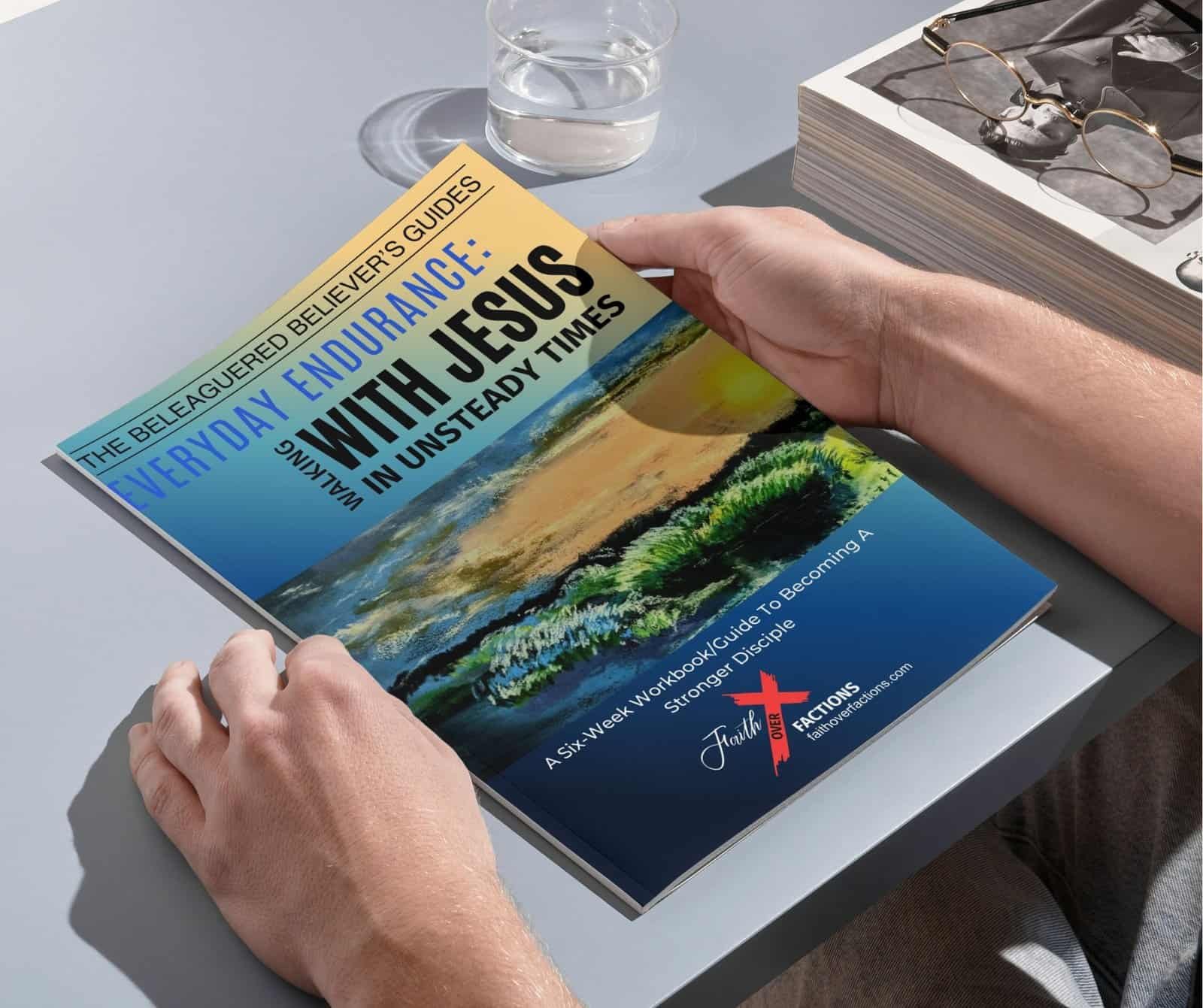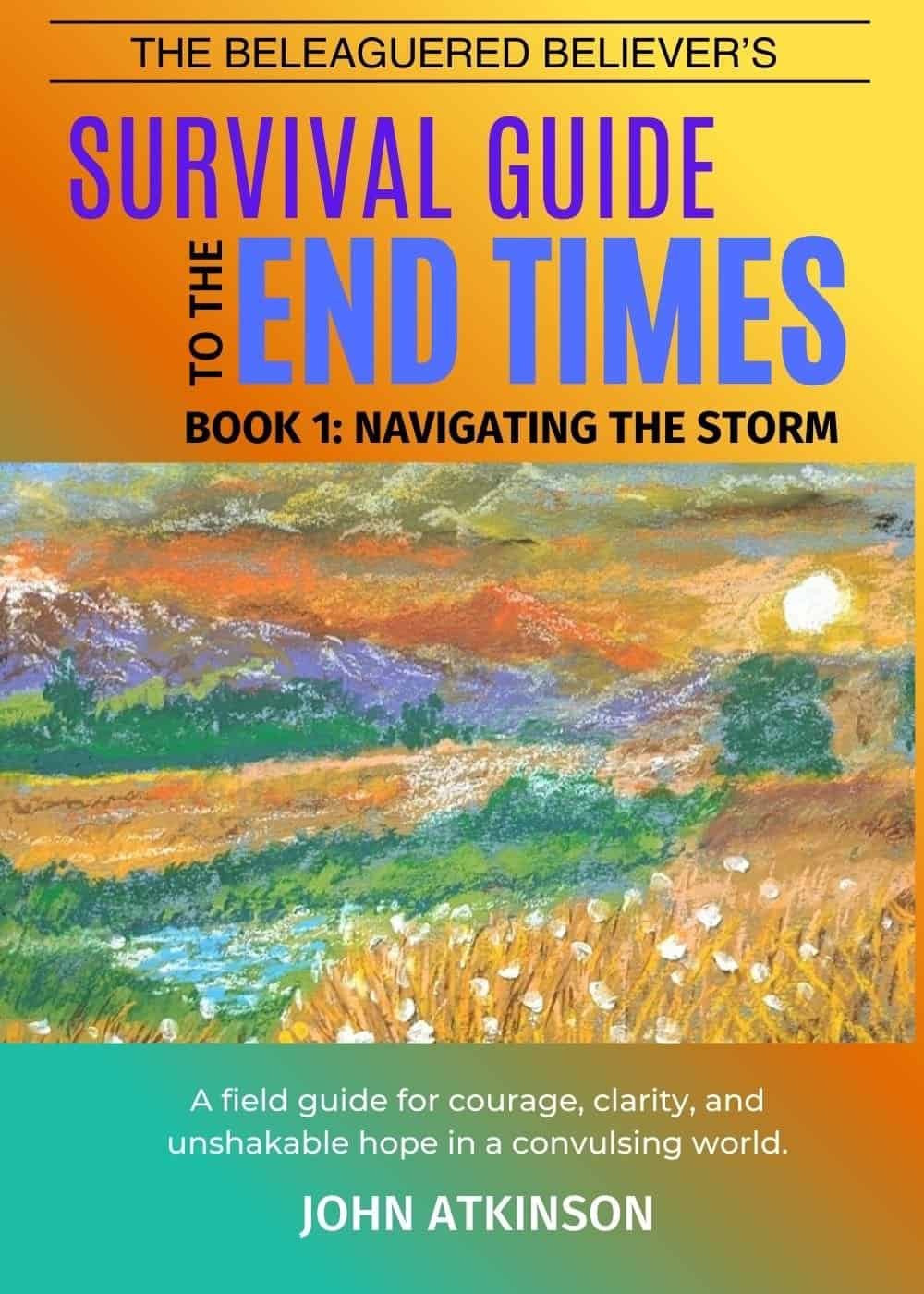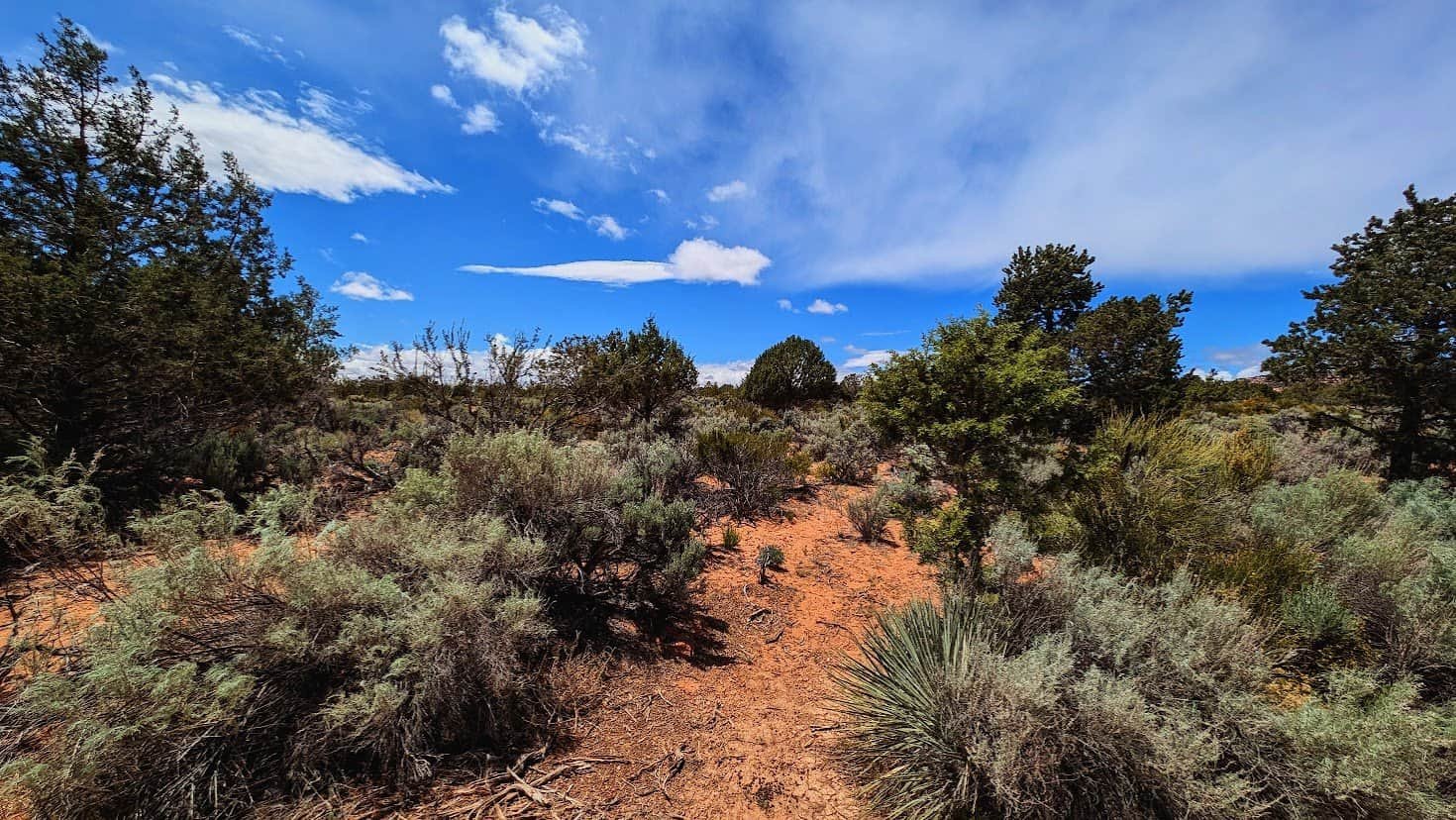
When Wealth Divides, What Does Faith Invite Instead?
When the world tells us to cling tighter, Scripture invites us to open our hands. In a time where scarcity is preached from pulpits of fear—and excess is confused with blessing—what would it mean to live with enough?
Today’s reflection invites us to revisit a picture of early Christian community that stands in stark contrast to our modern economy: “They shared everything they had” (Acts 4:32, NLT). Not because of law. Not from guilt. But because the Spirit of God led them to radical sufficiency and sacrificial love.
Anchor in the Word
Key Verse
All the believers were united in heart and mind. And they felt that what they owned was not their own, so they shared everything they had
Acts 4:32 (NLT)Key Scripture Context
This verse describes far more than a fleeting act of generosity—it reveals a Spirit-filled unity that redefined how the early church understood life itself. In the wake of Pentecost, when the Holy Spirit filled every believer, a profound shift took place:
They no longer saw possessions as private commodities to be hoarded, leveraged, or used for personal gain. Everything they had now carried a kingdom purpose. Houses, fields, money, food—it was no longer about individual security or building personal empires.
Instead, they recognized that every gift was from God and therefore meant for all of God’s people. Ownership gave way to stewardship. Scarcity gave way to sufficiency. What one believer lacked, another supplied—not out of obligation or coercion, but from the overflow of love ignited by the Spirit.
This wasn’t an economic experiment or a new political model. It was evidence of transformation—proof that when God truly reigns in human hearts, walls of separation fall, greed loosens its grip, and abundance becomes something to be shared, not stored.
What We’re Facing
When Excess Is Justified as Virtue
We live in a society where wealth is often paraded as a sign of divine blessing and poverty is interpreted as a personal or moral failure. In many churches today, success and accumulation are subtly preached as proofs of God’s favor. This message—shaped as much by Western capitalism as by biblical teaching—rarely gets questioned. Some even claim that free-market systems are God-ordained, turning economic ideology into quasi-theology.
But Scripture tells another story.
It tells of a Spirit-filled community where believers “sold their property and possessions and shared the money with those in need” (Acts 2:45).
It tells of a people who “felt that what they owned was not their own, so they shared everything they had” (Acts 4:32).
It tells of a fellowship so radically generous that “there were no needy people among them” (Acts 4:34).
This was not socialism.
This was not capitalism.
It was kingdom.
A kingdom defined not by profit margins, stock portfolios, or economic theories—but by love that refuses to hoard while others lack.
Spirit-Filled Unity Beyond Generosity
This verse describes far more than a fleeting act of kindness—it reveals a Spirit-filled unity that transformed how the early church understood life itself. In the wake of Pentecost, when the Holy Spirit descended and filled every believer, the fabric of their community changed forever.
From Ownership to Stewardship
They no longer viewed possessions as private commodities to be hoarded, leveraged, or measured for personal success. Everything they owned now bore a kingdom purpose. Land, homes, wealth, and food were no longer about individual security or building personal empires.
Instead, they saw that every gift was ultimately God’s gift—entrusted to them not for isolation, but for the flourishing of all God’s people. Ownership surrendered to stewardship. Scarcity gave way to sufficiency. When one believer lacked, another supplied—not by rule of law or human command, but from the Spirit’s overflow of love.
kingdom defined not by profit margins, stock portfolios, or economic theories—but by love that refuses to hoard while others lack.
As Charles Spurgeon once said, *“If we are not generous with what we have, it is because we think we own it. But when we know it belongs to God, we gladly give it back for His purposes.”*¹
Early church father John Chrysostom echoed this kingdom ethic: *“The rich are not the owners of their wealth, but stewards. What they possess belongs to the poor.”*²
The gospel does not sanctify greed; it confronts it. The cross of Christ shatters every illusion that security or significance can be purchased. In God’s economy, worth is not measured by net worth—it is rooted in love, justice, and mercy poured out for one another.
Then and Now—Drawing Parallels
In first-century Jerusalem, believers lived under the crushing weight of empire. Roman occupation brought heavy taxation, economic exploitation, and military intimidation. Local rulers often colluded with Roman authorities to preserve power, while temple elites used religion to reinforce social hierarchies.
Many early Christians had almost nothing to give—and still, they gave much. They were not wealthy philanthropists making tax-deductible donations. They were ordinary men and women—fishermen, artisans, widows, former slaves—pooling their meager resources to make sure no one among them went hungry.
This was not an attempt to build a utopian dream or an idealistic commune. It was a response to the real and active presence of God among them. As A.W. Tozer noted, *“When the Holy Spirit takes possession of a man’s life, he ceases to live for himself.”*³
Today, we inhabit a different kind of empire—one of global markets, corporate monopolies, and political systems profoundly shaped by wealth and designed to protect it. The mechanisms of exploitation are more sophisticated, but the result is the same: many have nothing or little, and a few have too much.
And yet, the calling for the church remains unchanged:
Live as though Jesus is Lord—not money, not power, not economic theories.
Dietrich Bonhoeffer, writing in a time of profound oppression, warned, *“Earthly possessions dazzle our eyes and delude us into thinking that they can provide security and freedom from anxiety. Yet all the time they are the very source of anxiety.”*⁴
To follow Christ is to resist the empire of greed—ancient or modern—and to become a people who prioritize needs over net worth, and community over consumption. As Basil the Great reminded his congregation centuries ago, *“The rich man is a thief unless he gives to the poor what he has received to distribute.”*⁵
The Acts church shows us that when the Spirit reigns, walls of scarcity and self-protection collapse, and a new economy—rooted in love, justice, and generosity—takes its place.
Theological Truth in Plain Language
Kingdom Economy: Sufficiency, Not Scarcity
The economy of the Kingdom of God is radically different from the world’s. It is built on sufficiency, not scarcity. In God’s vision of abundance, life is not measured by accumulation or safeguarded by wealth. Instead, it is measured by access, generosity, and justice.
In the early church, believers understood they were not owners but stewards. Everything—from coin to cloak, from vineyard to table—was recognized as a gift entrusted by God for the good of all. As Paul reminded the Corinthians, “What do you have that God hasn’t given you? And if everything you have is from God, why boast as though it were not a gift?” (1 Corinthians 4:7, NLT).
Early Assemblies: Rich and Poor Together
The first gatherings of Christians were profoundly economically diverse. In these small assemblies, the very poor and the very rich knelt side by side. A slave might break bread next to a wealthy landowner; a widow with nothing might receive support from a merchant with much.
Yet the Spirit leveled these divides. Titles, wealth, and social status were eclipsed by the reality of their shared life in Christ. James, the brother of Jesus, issued a stern warning to assemblies tempted to show favoritism:
“Listen to me, dear brothers and sisters. Hasn’t God chosen the poor in this world to be rich in faith? … But you dishonor the poor! Isn’t it the rich who oppress you and drag you into court?” (James 2:5-6, NLT).
This was not a call for hostility toward the wealthy—it was a call to remember that in God’s Kingdom, wealth holds no privilege. Rich believers were urged to humble themselves and pour out their abundance, while the poor were elevated as honored heirs of the Kingdom (James 1:9-11).
Generosity: Not Law, But Love
Basil the Great’s timeless words echo this Spirit-driven ethic:
*“The bread you store up belongs to the hungry. The cloak you keep belongs to the naked. The money you bury belongs to the poor.”*⁶
This kind of generosity was not legalism. It was not enforced by human policy or compelled by church law. It was a natural response to grace—an overflow of divine love in the heart of every believer.
Charles Spurgeon captured this truth well when he said, *“Where grace reigns, selfishness dies. The heart that has tasted Christ’s mercy will always seek to give mercy.”*⁷
The early church did not redistribute wealth because they had to.
They did it because they wanted to.
In their Spirit-filled gatherings, love dismantled hoarding, sufficiency replaced striving, and a divine economy of mutual care emerged—an economy that continues to challenge our modern systems of exclusion and excess.
Practical Moves of Faith
Rethink What You “Own”
Begin by spending time in prayer, asking God to reveal where you’ve drawn lines of possession:
What resources, talents, or time do you fiercely protect as “yours”?
Where might the Spirit be prompting you to release your grip and entrust those gifts for the good of others?
The early believers saw nothing as ultimately theirs because they understood, as David declared, “Everything we have has come from you, and we give you only what you first gave us!” (1 Chronicles 29:14, NLT).
This shift from ownership to stewardship is foundational to Kingdom living. As A.W. Tozer reminded us, *“The man who has God for his treasure has all things in One… he can strip his heart of all possessions and still be rich beyond measure.”*⁸
Practice Sufficiency, Not Scarcity
Our culture relentlessly conditions us to believe that we never have enough—enough money, success, influence, or security. Fear whispers that giving will leave us empty. But God’s economy turns this lie upside down.
Paul writes, “Right now you have plenty and can help those who are in need. Later, they will have plenty and can share with you when you need it. In this way, things will be equal.” (2 Corinthians 8:14, NLT).
To push back against the lie of scarcity, give away something that costs you. Don’t just part with surplus or leftovers—offer what you value. Like the widow who gave her last two coins (Mark 12:42-44), small acts of radical trust reveal faith in God’s provision rather than dependence on wealth.
John Wesley once said, *“Do all the good you can, by all the means you can… give all you can.”*⁹ This is not reckless—it is worship.
Invest in Real Needs
Spirit-led generosity is not abstract. It meets tangible needs.
Pay a bill for a struggling friend.
Deliver groceries to a family in crisis.
Cancel a debt quietly, without fanfare.
Offer time to care for someone who feels forgotten.
When we meet real needs without expecting return, we bear witness to the heart of God, who “freely gives us all we need” (Romans 8:32, NLT).
Dietrich Bonhoeffer challenged believers: *“The church is the church only when it exists for others… not dominating but helping and serving.”*¹⁰ This is what the kingdom looks like in motion—love that costs us something.
Ask God to Rewire Your Heart
Finally, this transformation is not achieved by sheer willpower. We must ask God to reshape our instincts toward generosity.
Pray honestly:
“Lord, help me release what I grip too tightly. Free me from fear of not having enough. Make me bold enough to live as if all things are Yours—and therefore, ours.”
This prayer opens the soul to divine intervention. As Charles Spurgeon said, *“True prayer is measured by weight, not by length. A single groan before God may have more fullness of heart than long hours of ornate speech.”*¹¹
Ask—and expect the Spirit to renew your mind and reorder your desires until generosity is no longer a command to follow, but a joy to pursue.
More Light for the Journey
Matthew 6:24 (NLT)
“No one can serve two masters… You cannot serve God and be enslaved to money.”
→ Jesus draws a clear line between love of God and love of wealth.2 Corinthians 8:13-14 (NLT)
“Right now you have plenty and can help those who are in need. Later, they will have plenty and can share with you when you need it.”
→ Paul promotes equity—not forced, but voluntary and Spirit-led.James 5:1-5 (NLT)
A sobering warning to the rich who hoard while others suffer.
→ Scripture doesn’t glorify wealth—it scrutinizes its misuse.Luke 12:15 (NLT)
“Beware! Guard against every kind of greed. Life is not measured by how much you own.”
→ A reminder that our worth is not in our wallets.
Let’s Walk This Out Together
The Acts church didn’t just pray and preach—they embodied a different way of life. Their faith reordered their priorities. Their love was visible in how they shared, sacrificed, and wove their lives together as one body. The Spirit did not simply inspire words of compassion; it produced acts of radical generosity that shocked the surrounding world.
That same Spirit is alive in us today.
But here’s the challenge: it is far easier to talk about generosity than to live it. It is far more comfortable to believe in Jesus than to let His Kingdom reshape our economics, our possessions, and our security.
What would it look like for your faith to truly transform the way you view wealth, need, and belonging?
To see your home, bank account, and talents as tools for communal flourishing rather than personal preservation?
To trust that because Christ is enough, you can live with enough—and give even more boldly?
The call of the Kingdom is not to shame us into giving but to liberate us from fear so we can step into the abundance of shared life. As theologian Stanley Hauerwas observed, *“The church does not have a social ethic; the church is a social ethic.”*¹² Our very existence, when shaped by the Spirit, becomes a living witness to God’s generous reign.
So let’s wrestle with this honestly. Let’s live this bravely. Let’s choose to belong to one another—not just in theory, but in tangible, Spirit-driven action.
Share your reflections, struggles, and stories in the comments or on social media using #BiblicalEconomy and #FaithOverFactions. Let’s imagine, and then embody, a community where no one lacks because everything we have is recognized as God’s, entrusted for God’s people.
Journaling Prompt: Living with Enough
Where in your life are you tempted to grasp for more—money, control, recognition?
Reflect on what drives this desire. Is it fear of the future? Pressure to measure up? A longing for significance? Invite God to speak into these hidden motivations.What would it truly mean to live with enough?
Picture what might change if you trusted that Christ is sufficient. Would you give more freely? Release old anxieties about security? Share time and resources with new boldness? Write out a vision for this kind of life and pray for courage to take one step toward it this week.
Footnotes
- Charles Spurgeon, Sermon on Christian Generosity, 19th century.
- John Chrysostom, Homily on Wealth and Almsgiving, 4th century.
- A.W. Tozer, The Pursuit of God (Camp Hill, PA: Christian Publications, 1948), 41.
- Dietrich Bonhoeffer, The Cost of Discipleship (London: SCM Press, 1959), 79.
- Basil the Great, Sermon on Charity and Social Justice, 4th century.
- Basil the Great, Homily on Avarice, 4th century.
- Charles Spurgeon, Sermons on Generosity and Grace, 19th century.
- A.W. Tozer, The Pursuit of God (Camp Hill, PA: Christian Publications, 1948), 20.
- John Wesley, Sermons on Money and Stewardship, 18th century.
- Dietrich Bonhoeffer, Letters and Papers from Prison (New York: Touchstone, 1997), 203.
- Charles Spurgeon, The Power of Prayer, 19th century.
- Stanley Hauerwas, The Peaceable Kingdom: A Primer in Christian Ethics (Notre Dame, IN: University of Notre Dame Press, 1983), 99.

